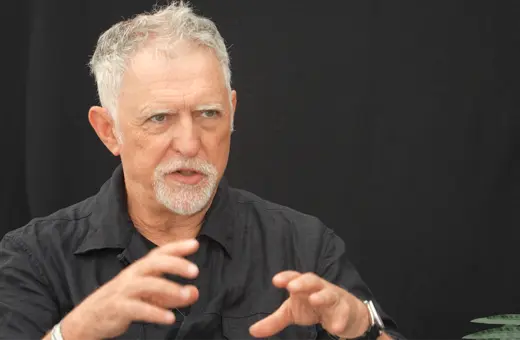Critics of religion like Richard Dawkins often depict religion as a second-rate science. According to Dawkins, God is a “hypothesis” which is outcompeted by rival scientific explanations. But might this conception of religion be radically mistaken? In this article, philosopher John Cottingham draws on Ludwig Wittgenstein’s philosophy of language to argue that any understanding and evaluation of religious discourse must be sensitive to the form of life in which it is embedded. As such, religious claims are not defective scientific claims, but rather entirely distinct ways of seeing the world.
The first quarter of the twenty-first century has seen some serious damage to the cause of religious belief. Some of the damage has been self-inflicted, but a significant element relates to the attacks mounted by prominent scientists and philosophers. That formidable critic of religious belief, Richard Dawkins, has tended to portray religious thought as if it were primarily aimed at advancing rival explanations to those offered by modern science. On this picture, the “God hypothesis,” as Dawkins calls it (The God Delusion, 2006), is supposed to provide a quasi-scientific explanation for the workings of the cosmos.
___
“In a religious discourse,” Wittgenstein maintained, “we use such expressions as I believe that so and so will happen differently from the way in which we use them in science.”
___
Putting the matter this way perfectly sets things up for the atheist to declare God redundant. Thus the highly influential philosopher Daniel Dennett has argued (in his Intuition Pumps, 2013) that the purely natural mechanisms and processes uncovered by science – the workmanlike “cranes” that do the explanatory lifting – are incomparably more rigorous and intellectually satisfying than the “skyhooks” of the theologians, which supposedly attempt to short-circuit all the hard work of empirical scientific research by appealing to miraculous solutions from on high.
All this has had the effect of reinforcing the widespread popular conception that science and religion are rivals. But even a cursory acquaintance with the great bulk of religious writings suggests they are not really about analyzing and explaining the world in the manner of modern science and technology, but are part of a spiritual quest for attunement to, or connection with, reality as a whole. There are of course differing views among the world’s religions as to the nature of that reality, and no doubt there can be points of friction between scientific and religious conceptions of the cosmos. But the typical goals of the religious quest, such as those related to the purification of the self and the search to align oneself with the good, seem orthogonal to the explanatory goals of science.
___
It would be a radical mistake, on Wittgenstein’s view, to lift the religious believer’s assertions about God out of context, and expect them to be susceptible of the kind of experimental confirmation that we expect of our scientific theories. For if we wish to understand any type of language, including religious language, we have to look at the form of life in which it is embedded.
___





















Join the conversation